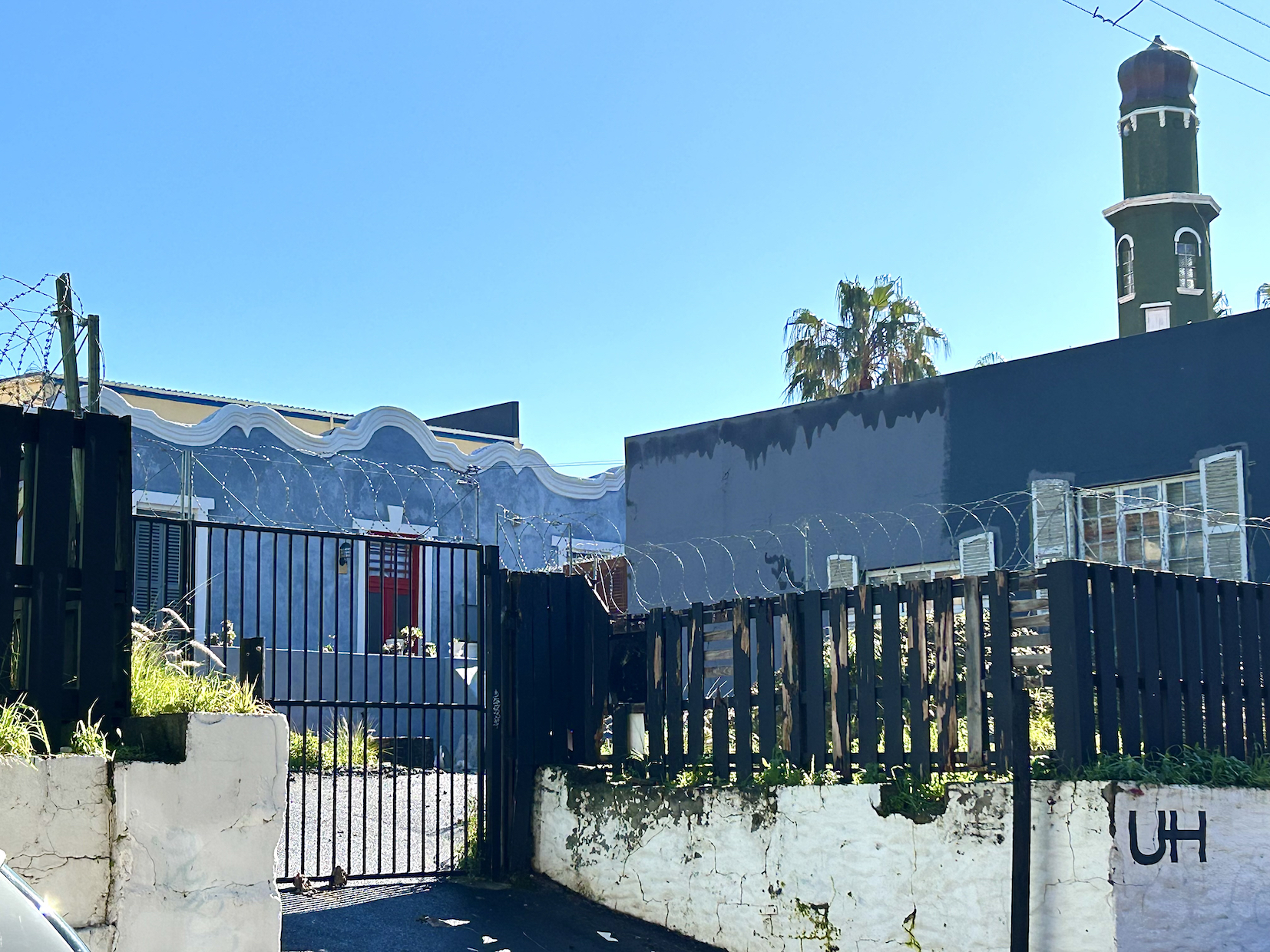A new six-storey development planned for the Bo-Kaap would significantly affect the heritage of the picturesque, historic suburb in Cape Town, say local residents.
The Auwal Mosque, which is the first mosque established in South Africa, is just 10 metres away from the planned hotel and restaurant to be built on what is currently an empty lot.
Bo-Kaap residents have opposed other large developments in the suburb. Following the Municipal Planning Tribunal’s approval for Flyt Property Investment’s development at 150 Buitengracht Street, the Bo-Kaap Civic and Ratepayers Association is launching an appeal against the tribunal’s decision.
According to the tribunal’s report, the current application was initially for an eight-storey building that would function as a 76-room hotel with a restaurant on the first storey, but the plans were adjusted following a six-month engagement process with the South African Heritage Resources Agency.
Flyt Property Investment purchased the vacant piece of land on 150 Buitengracht Street in 2017. Two years later Bo-Kaap was declared a Heritage Protection Overlay Zone.
Attempts to develop
Although the current application dates back to 2022, there were several attempts to develop on the site before then.
Ratepayers’ association chairperson Osman Shaboodien says the building as it is currently planned would still negatively affect the heritage of what is one of the city’s oldest areas, which dates back to the 1760s when the Dutch colonial government built rental houses to be leased to slaves from the East Indies and Africa.
With its colourful Georgian houses, Bo-Kaap is one of Cape Town’s tourist attractions and part of South Africa’s cultural heritage. According to South African History Online, the reason many of the houses are painted in bright colours is because they had to be painted white while they were leased from the colonial authorities. When people were allowed to buy the properties and the rule was lifted, their owners expressed their freedom by repainting them in bright colours.
Shaboodien said the association was not against development in the area, but there “needs to be a balance between development and the community”.
“(This is) a destructive development that destroys the very essence of our heritage… We are not only a community of brick and mortar,” he said.
He said the planned building should be redesigned and meet the overlay zone criteria.
Read more: ANC is keen to win in Cape Town’s historic Bo-Kaap, says Duarte
The Bo-Kaap Civic and Ratepayers’ Association has stated that the proposed development would affect the narrow roads and historic cobblestones that have already suffered damage.
The association statement noted that the last public participation on the planned building took place more than two years ago, and that the application at the time was not the same as the one approved by the tribunal.
“The stature and presence of the Auwal Mosque will be marred by the looming, excessively tall, and bulky building. The special sense of religious, spiritual, and social order surrounding the mosque will be disrupted by this secular building’s scale, architectural character, and activities,” reads the statement.
Shireen Sampson, who lives in a house adjacent to the proposed development, said she was concerned her privacy would be compromised.
“You will have this monstrosity here and the balconies are facing us. All these people are going to look (on to our property). We want development, but it must comply with the community’s concerns,” said Sampson.
Cape Town Deputy Mayor and Mayoral Committee Member for Spatial Planning and Environment, Eddie Andrews, said the public participation process had been followed.
Andrews said the overlay zone applied to any proposed development, regardless of when the land was purchased.
'Protracted engagement'
In response to emailed questions, property developer Zane de Decker said the site had a long history and they “have had extensive and protracted engagement with the Bo-Kaap residents”.
De Decker said he was unable to answer specific questions as he was on leave. When GroundUp asked to be referred to someone else, he said he was the only one who could comment.
In the tribunal report, Flyt Property Investment argues: “Most concerns have been raised around the scale of the building in terms of bulk and height. The Auwal Mosque is used to highlight this point, yet no mention is ever made of the much larger hotel development in proximity, in the same overlay zone. Very selective use of townscape has been used in all arguments.
“We feel that most of the comments received fundamentally do not pertain to the departures applied for, possibly due to the continued lack of clarity in terms of policy guidelines for overlay zones,” it reads.
The Bo-Kaap Civic and Ratepayers Association, meanwhile, argues that the development is “simply too big and bulky” and that “it includes a number of features which unnecessarily exaggerate its scale”.
The deadline to appeal against the Municipal Planning Tribunal’s decision is Friday 26 July. DM
First published by GroundUp.




